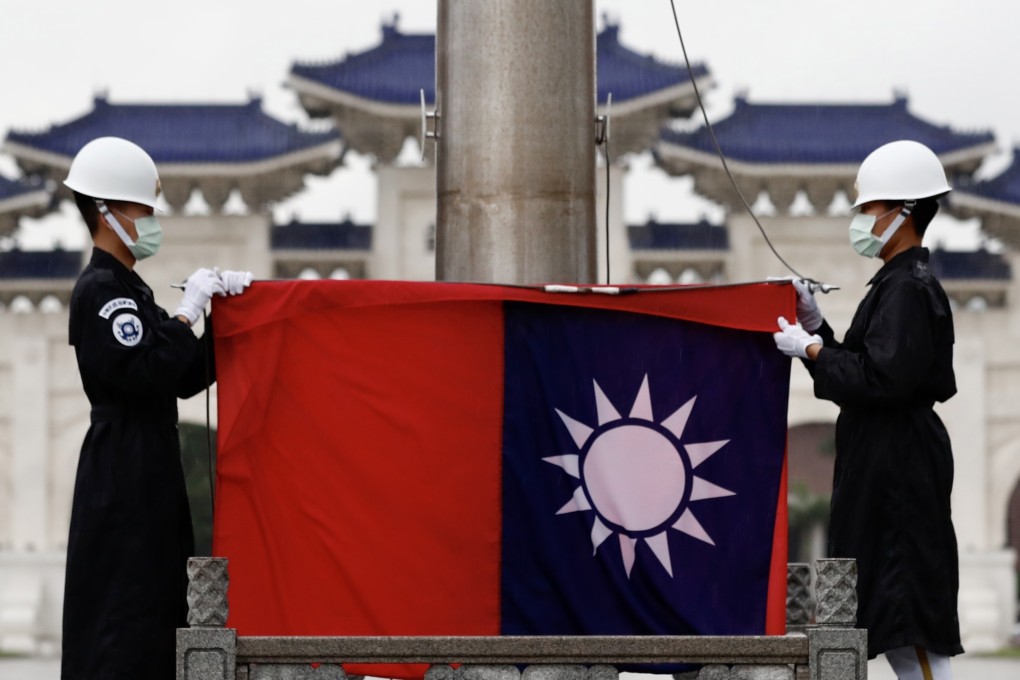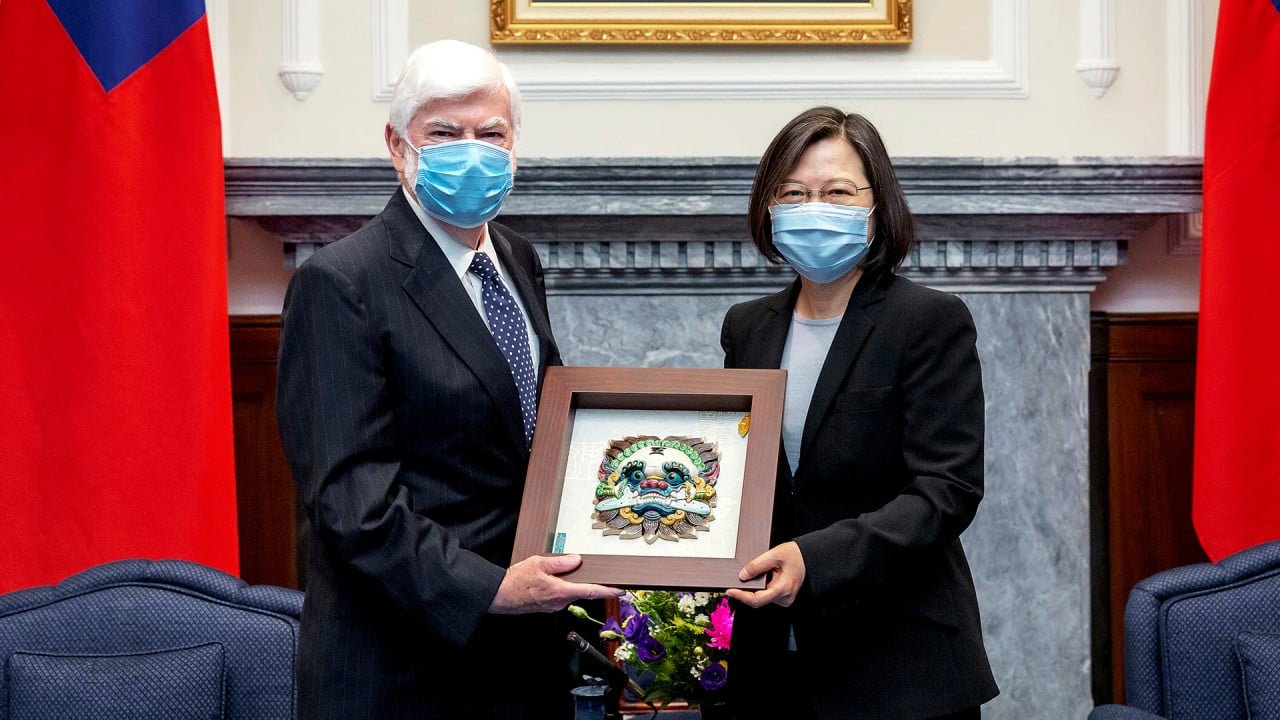Letters | Why Taiwan’s assertiveness towards Beijing is not a fleeting trend
- There is increasing bipartisan consensus on the issue, even from the traditionally pro-Beijing opposition Kuomintang, supported by the Taiwanese people

There is an emerging bipartisan consensus in Taiwan that espouses greater assertiveness towards Beijing.
These are not aberrations, but harbingers of Taipei’s growing bipartisan assertiveness towards Beijing.
The political trend has long been building. A prime example is the subtle recalibration of Ma’s China policy during his leadership. It was originally designed to maintain the status quo of cross-strait relations so as to prepare Taiwan for future unification with the Chinese mainland. Yet, the Ma administration gradually shifted its focus to prolonging the status quo.
This was exemplified by the Ma government’s reluctance to restore the National Unification Council, which was established in 1990 to formulate guidelines for Taiwan’s future unification with China, and abolished in 2006.

